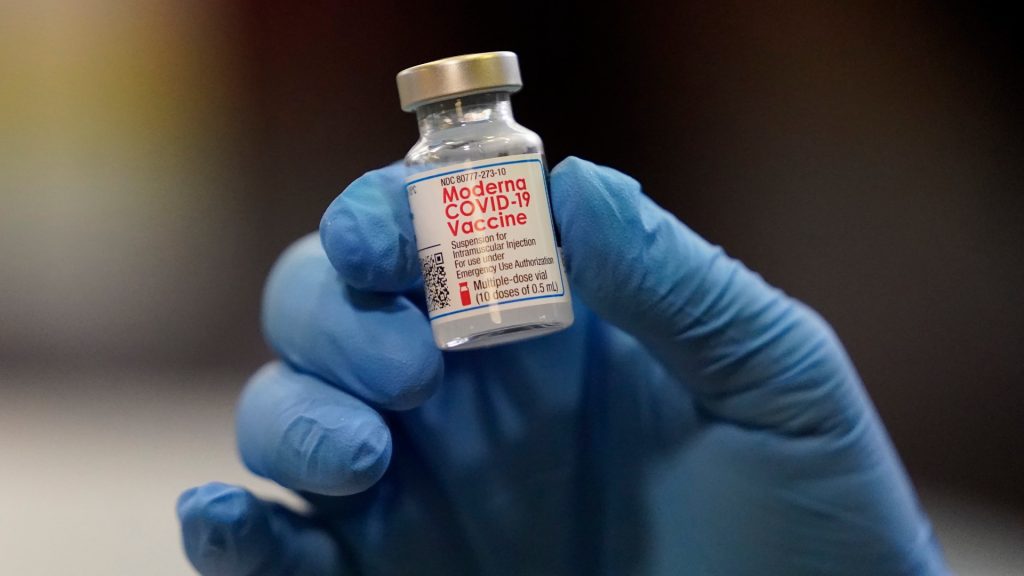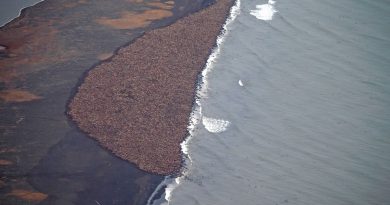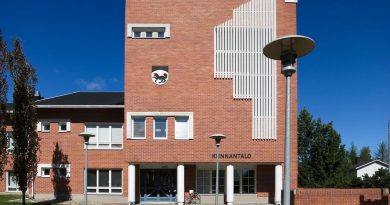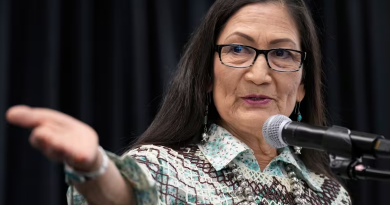Inuit region of Atlantic Canada to start getting second COVID-19 doses this week

Nunatsiavut, the Inuit self-governing in the Atlantic Canadian province of Newfoundland and Labrador, will start administering the second doses of the Moderna COVID-19 vaccinations to all residents this week.
After weather delayed the second doses of the Moderna vaccine, the Nunatsiavut Government released an updated schedule Wednesday.
“The Nunatsiavut Government continues to work with all relevant authorities to ensure the vaccine is administered as quickly as possible in a safe and efficient manner,” they said in a news release.
• Thursday, February 11 – Makkovik
• Friday, February 12 and Saturday, February 13 – Nain
• Sunday, February 14 – Rigolet
• Monday, February 15 – Postville and Hopedale
• Tuesday, February 16 – Hopedale
– Source: Government of Nunatsiavut
Nunatsiavut residents received their first doses of the Moderna vaccine the week of January 11.
Non-necessary travel discouraged
Also on Wednesday, the Nunatsiavut Government issued a news release to discourage all non-essential travel to and from the Labrador Inuit Settlement Area.
The call came the day after 30 new cases of COVID-19 were announced on Tuesday in St-John’s, the capital of Newfoundland and Labrador.
“It is imperative that all efforts be made to ensure the virus does not spread to our communities,” Nunatsiavut President Johannes Lampe said in a news release. “We are at a crossroads during this pandemic, and in order to ensure we remain safe we need to shield our communities by asking people to stay away.”
“While there is some level of hope on the horizon, we still have a way long to go before the threat of COVID-19 has passed. Now is not the time to be complacent. History has proven just how devastating an impact a pandemic can have on our people. We can’t take any chances.”
Government travel restricted
Beneficiaries who are in St-John’s on medical travel will be allowed to return to Nunatsiavut, however, non-essential travel for Nunatsiavut Government employees will be restricted for the next two weeks.
Nunatsiavut’s population of 2560 is spread out along the Atlantic coast in five communities: Nain, Hopedale, Makkovik, Postville and Rigolet.
Write to Eilís Quinn at eilis.quinn(at)cbc.ca
Related stories from around the North:
Canada: COVID-19 vaccine campaign gets underway in Inuit region of Arctic Quebec, Eye on the Arctic
Greenland: Greenland authorities buoyed by high demand for COVID-19 vaccine, Eye on the Arctic
Iceland: Iceland’s ‘COVID-19 passport’ offers preview of debate over post-vaccine travel, CBC North
Russia: Russia’s Northern Fleet begins 2nd stage of COVID-19 vaccination, Radio Canada International
Sweden: Sweden’s northernmost county among regions to introduce stricter COVID-19 recommendations, Radio Sweden
United States: After early containment success, there’s now rapid COVID-19 spread in rural Alaska, including the Arctic, Alaska Public Media



